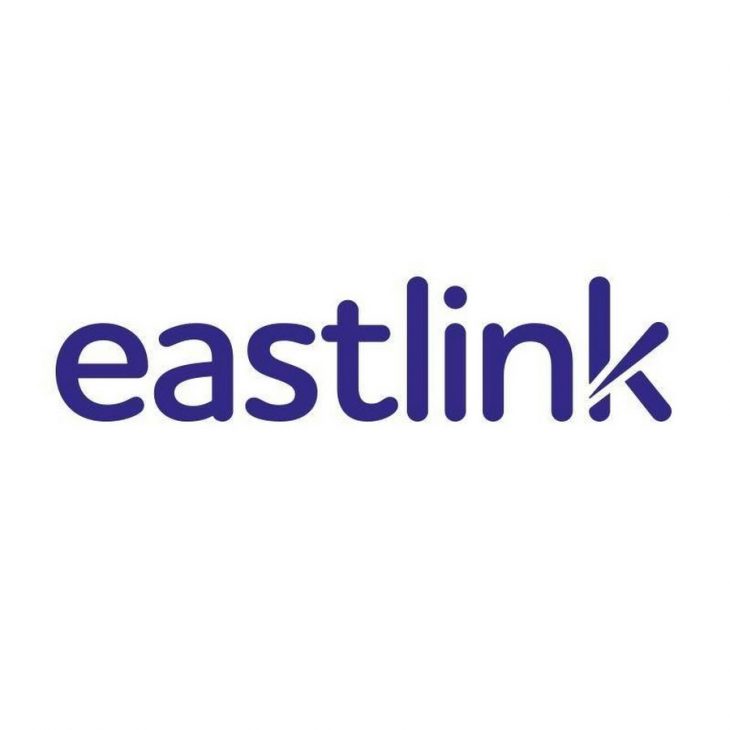
By Ahmad Hathout
Eastlink is alleging that competitors using its network – who have complained to the CRTC about negligence in relation to an Eastlink network failure that affected their customers – are misrepresenting claims about the aftermath of the July outage.
City Wide, Frontier Networks, and Purple Cow Internet allege in a Part application filed last month that Eastlink disconnected their customers’ service for 24 hours starting July 3 due to an error caused by a new software update to the company’s billing system that they said incorrectly flagged all of the cableco’s third-party internet access customers as not having paid their access bills. The outage allegedly affected IPTV, emergency calls over voice-over-internet protocol services, security and medical alert services.
The competitors want the CRTC to find Eastlink was negligent and for it to pay damages for alleged “significant economic and reputational harm.”
But in an intervention in the case, Eastlink is claiming to the CRTC that these claims aren’t accurate.
First, Eastlink said the outage was due to a “failure of a script in our billing system that had been tested and in place since February 2023 without failure,” and was not something that was purposely tested over the Canada Day long weekend as the competitors claim. The script was part of a process to transition to an advanced billing model for third party services, it claims.
As for claims of economic and reputational harm: “The Competitors claim of suffering economic harm are inconsistent with Eastlink’s data showing that they continued to grow their customer bases following the Outage,” Eastlink said in its submission. “Further, our TPIA customers had record net sales for the year between July – September 2023. Public statements from the Competitors themselves in the media in the days following the Outage included statements that they were not going to seek compensation, suggesting that there was no concern of economic or reputational harm.”
The cable company said that it “worked tirelessly” to restore services and to communicate with wholesale customers over email, phone and text “throughout various levels within our organization.”
That’s despite claims by the competitors that Eastlink was unresponsive.
The competitors also claimed that Eastlink violated the new interim reporting requirements on outages, which requires notification within two hours of it being made aware of them. But Eastlink claims that this particular July outage “did not fit clearly within any of the criteria of a major service outage…including the most clearly defined threshold of 100,000 impacted subscribers, and therefore determined that the Outage was not reportable.”
Eastlink added that the request to levy administrative monetary penalties on it is “completely irrational” because AMPs are meant to deter future non-compliance. “There is no evidence of regulatory non-compliance in this case,” Eastlink said in the submission. “Eastlink has consistently acted in good faith and in compliance with our obligations and the Competitors’ arguments otherwise must be dismissed.
“The evidence simply does not support that Eastlink’s actions come even close to amounting to negligence, but rather that Eastlink acted well above the standard of a reasonable service provider,” the cable company concluded.
The Competitive Network Operators of Canada, a representative of independent internet service providers, said in its submission on the matter that the outage must be “fully investigated” and wholesale customers “sufficiently compensated.”
“Eastlink owes a duty of care to its TPIA customers,” CNOC said, “and its conduct clearly fell short of that standard.”
The Public Interest Advocacy Centre similarly said “reasonable conduct,” according to commission outage policies, “fell well short” and that a “modest AMP is justified for failing to submit an outage report, and an additional AMP may be justified for Eastlink’s conduct possibly constituting an undue preference under subsection 27(2) of the Act.”
The competitors also complained that, according to Eastlink’s tariff, they were not able to publicly name Eastlink as the source of the outage. Eastlink said this is standard fare for commercial agreements. PIAC asked that the CRTC consider making this an exception for outages to mitigate anticompetitive practices.
PIAC also urged that a proper statement on the outage be issued by Eastlink because – even though it’s now many months since – it “may go some way in explaining the situation to the public and building confidence in wholesale-based competitors.”


